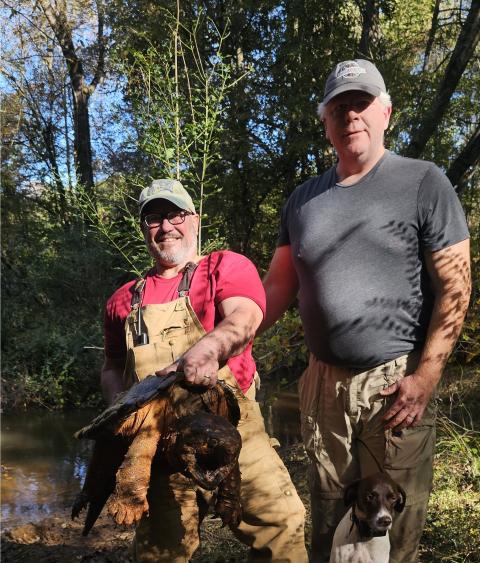Conservation Brief
NALCC Releases Rare Plant Conservation Assessment
A healthy diversity of native plants is necessary for all conservation and biodiversity goals, as plants form a major component of healthy ecosystem function. While an estimated 30% of plants in North America are threatened with extinction, only 11% receive protection under the Endangered Species Act. Only 5% of recovery spending for protected species is spent on plants. Despite the many endemic and rare plants in the North Atlantic region of the United States and Canada, the conservation and prioritization efforts have mostly focused on animals in this region as well. In a report documenting the results of a broad scale conservation assessment of vascular plants, NatureServe provides a list of rare, highly threatened, declining or sensitive species for the North Atlantic region. One major goal of the project was to provide conservation priorities of vascular plants for federal, state and provincial conservation plans in the North Atlantic region. For each plant taxon NatureServe developed regional ranks, updated Global Ranks, documented threats and trends, and identified gaps in conservation knowledge. 431 vascular plants were determined to be the highest conservation priorities for the North Atlantic Landscape Conservation Cooperative (NALCC).
The resulting list of high priority vascular plant species for conservation in the NALCC provides a tool for regionally focused conservation efforts and funding. Development of the list also exposed knowledge gaps in several areas. For example, studies suggest certain habitats within the NALCC are vulnerable to climate change, but we are lacking climate change vulnerability assessments for plants in this region. Future climate change management plans should include an understanding of plant vulnerabilities to be effective.
More information on the study as well as a link to the final products can be found on the North Atlantic LCC website.



